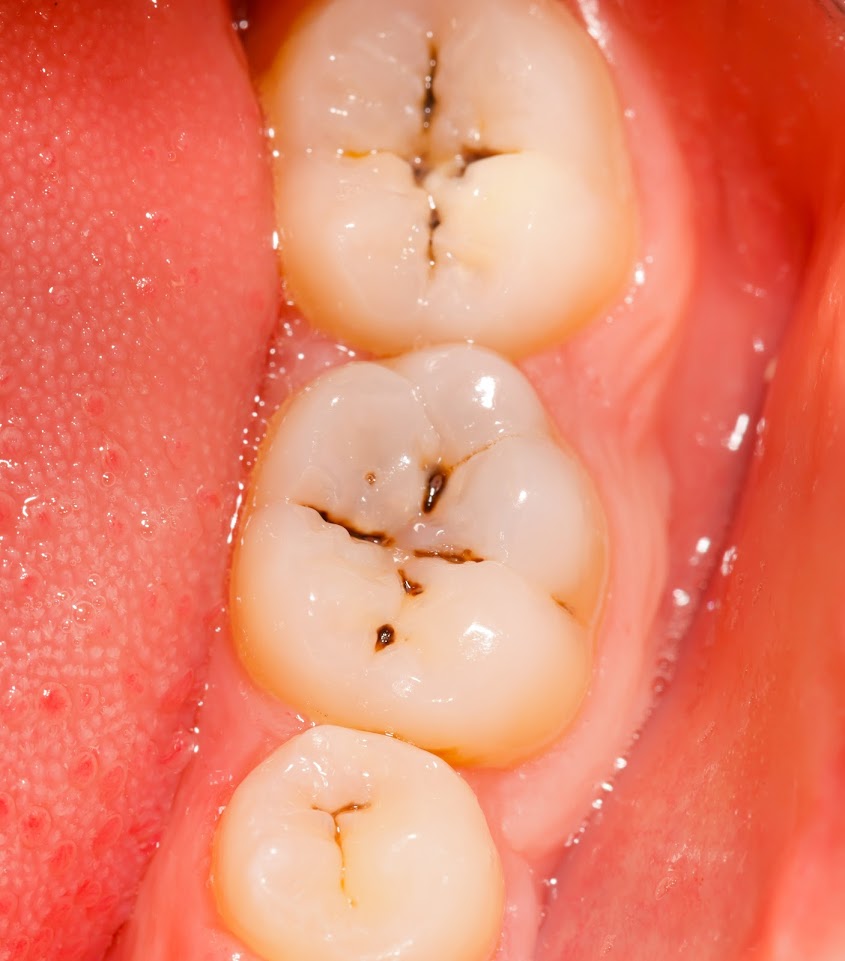Tips to Prevent Cavities in Children

Also known as tooth decay, a cavity is a permanently damaged tooth area. Cavities are among the most common dental problems in children. Children often crave sugar and sometimes don't realize how important oral hygiene is.
Nevertheless, if you don't introduce good dental habits early to your children, they could face some very unpleasant procedures in the future. Therefore, you must understand how to prevent cavities in children's teeth in order to safeguard your child's oral health.
You can do the following easy things to prevent cavities and promote good oral health for your child.
Buy a Child-friendly Toothbrush
Introduce your child to brushing at the onset of the first tooth. A good way to encourage your child to brush is to buy a fun toothbrush.
An exciting toothbrush will be more intriguing to a child and make the activity less mundane. A child who gets into the habit of brushing at least twice a day will likely continue into adolescence and beyond.
If your child resists, try using non-fluoride toothpaste for young children. With consistent reinforcement, most children will concede to the routine. You can slowly upgrade to fluoride toothpaste for kids two years of age and older.
Enforce a Teeth-friendly Diet
Sugary and acidic foods wear down the tooth's enamel. Soda and candy may be your kid's favorite but are the number one culprit for cavities. Of course, you cannot banish these items altogether, but you can limit your child's intake.
When your child consumes sugary or acidic foods, you can have them brush or rinse their mouth to wash away the sugar.
What your child eats affects how their teeth develop. Foods rich in starch and carbohydrates are equally bad for teeth. Instead, children should eat nutritious foods like fruits and vegetables — essential for good dental health.
Health experts also recommend dairy products like low-fat cheese that trigger saliva production and keep your child's teeth clean.
Encourage Water Consumption
Water is one of the easiest ways to avoid cavities in children and maintain good oral health. Water helps remove harmful bacteria from the mouth, teeth, and gums. Furthermore, water reduces the buildup of acid on the teeth.
The recommendation is that children between the ages of four and 13 drink six to eight glasses of water daily. While bottled water is okay, fluoridated tap water is best. Drinking fluoridated water reduces children's tooth decay risk by 20 to 40 percent, according to the American Dental Association.
You can use a filter if you have concerns about tap water quality.
Schedule Regular Dental Visits
Scheduling regular dental appointments is crucial if you want to minimize cavities. In addition, if a child visits the dentist regularly, they will become used to the dentist and have less fear as they age.
A child should visit the dentist once their first tooth appears. Although baby teeth will fall out, taking good care of your child's baby teeth will lead to healthy permanent ones.
Consider Dental Sealants
A dental sealant is a thin coating of resin applied to the surfaces of the molars, where most chewing takes place. Sealants protect teeth from cavities by preventing bacteria from accumulating in cracks and spaces between teeth.
Ensure kids know that sealants aren't a substitute for brushing and flossing.
Tooth decay can have harmful effects on one's oral health as well as overall health. Hence, good oral health should begin at an early age. Healthy habits will allow your child to have beautiful, healthy teeth when they're older. Therefore, you can make a big difference in your child's oral health if you get their teeth checked regularly and make brushing fun and exciting.
You should consult your family dentist if you see any decay in your child's teeth. Contact us today to learn more about oral care or to schedule an appointment.
